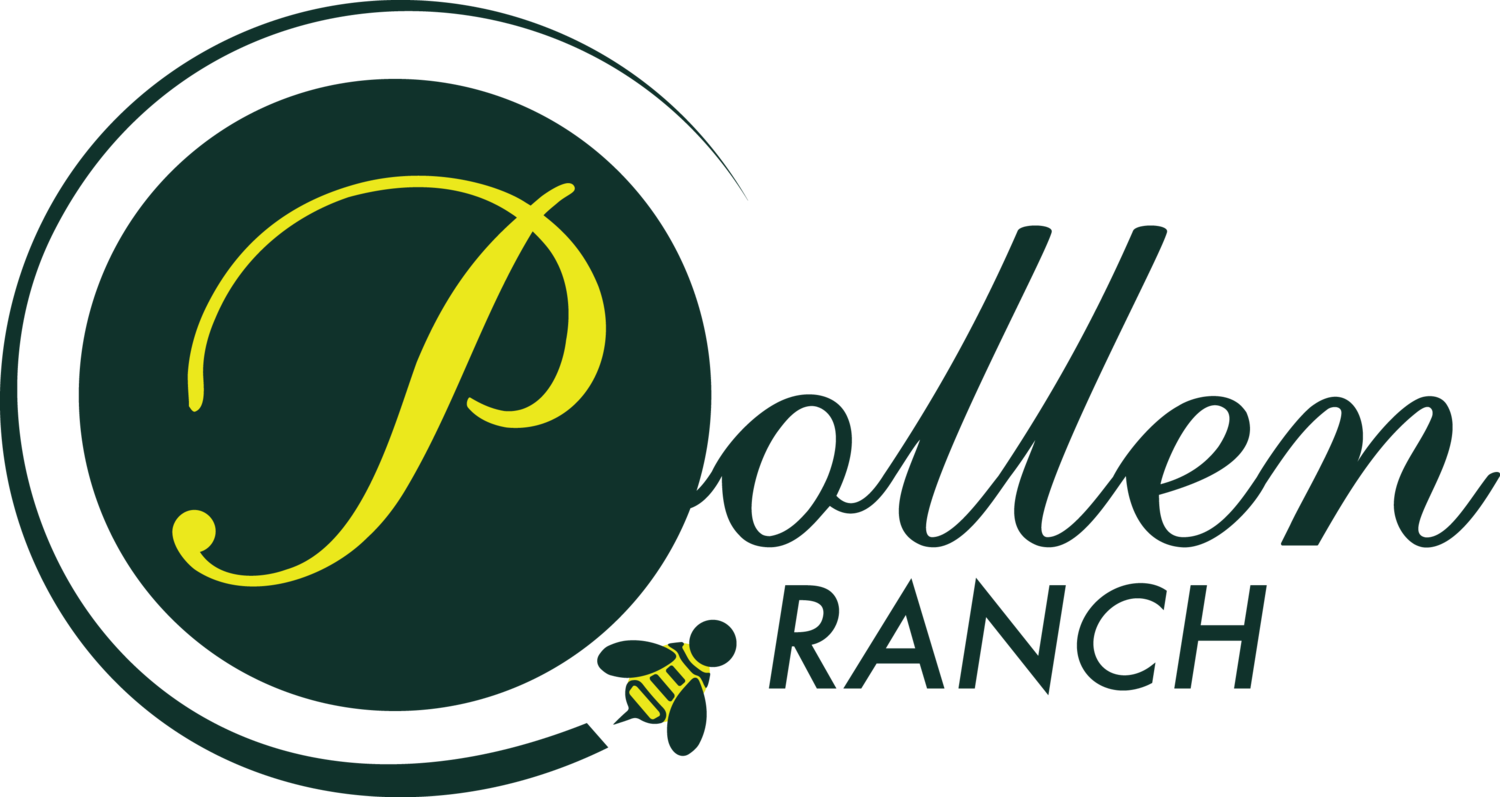WHY COOKING POLLEN IS SAFE AND DELICIOUS TO EAT
The average person typically discusses pollen at the height of allergy season, when this fine, airborne powder causes a variety of uncomfortable symptoms for people sensitive to the substance. However, in recent years, you may have also heard of pollen being used in different recipes and restaurants as a seasoning; fennel pollen spiceis only one common example, as it has been used in Tuscan cooking for years. But how can this product that makes your eyes itch also be safely used in cooking? It is important to understand exactly what pollen is, and why many people experience allergic reactions to it.
Pollen is a fine powder composed of the male gametes of seed plants, such as coniferous trees and flowers. While many plants are able to self-pollinate, seed plants depend on the wind, birds and insects to transfer these microspores from one plant to another in order to reproduce. As a result, the air in most areas during spring and early summer can be filled with literally thousands of pollen grains at a time.
If you grew up in a region with plenty of pollen, there is a chance you developed an allergic reaction to the substance for this reason: doctors studying immunology and allergies typically say that this high level of exposure, combined with a genetic tendency to become sensitized to a product and an unbalanced immune system, can cause allergic reactions in as many as 20% of the population. When these factors are present, the human immune system will often simply decide that a protein in the system is a threat and cause the body to react to it whenever it senses exposure. This can happen with pet hair, different foods, and of course, pollen. While the substances are not harmful in and of themselves, the body has developed a physical aversion to them that manifests in the form of allergy symptoms.
Unlike the typical airborne pollen, however, the ingredient used in a variety of good pollen recipes is in powder form. The body, therefore, does not react to the substance because it is being ingested orally, rather than through the respiratory system. Moreover, compared to the amount of pollen a person is exposed to during allergy season, the amount of dill pollen or fennel pollen spices is barely noticeable; after all, these ingredients are much more potent than other forms of the herbs, such as fennel seeds. Because of this, the only people who might be at risk of an allergic reaction to dill or fennel pollen spices are chefs or collectors who are exposed to the substances in significant airborne quantities. Once in the recipe, however, the substance is completely harmless, and delicious.
If you have been interested in trying something new in your recipes but have been apprehensive about the safety of pollens, have no fear: these products have been used for centuries to add flavor to a wide variety of recipes. To test out this interesting ingredient, try adding fennel or dill pollen to your dishes during the cooking process, as you would with dried herbs, letting the pollen infuse through the dish.
Need additional help? For Wholesale or Food Service questions, please email sales@pollenranch.com
